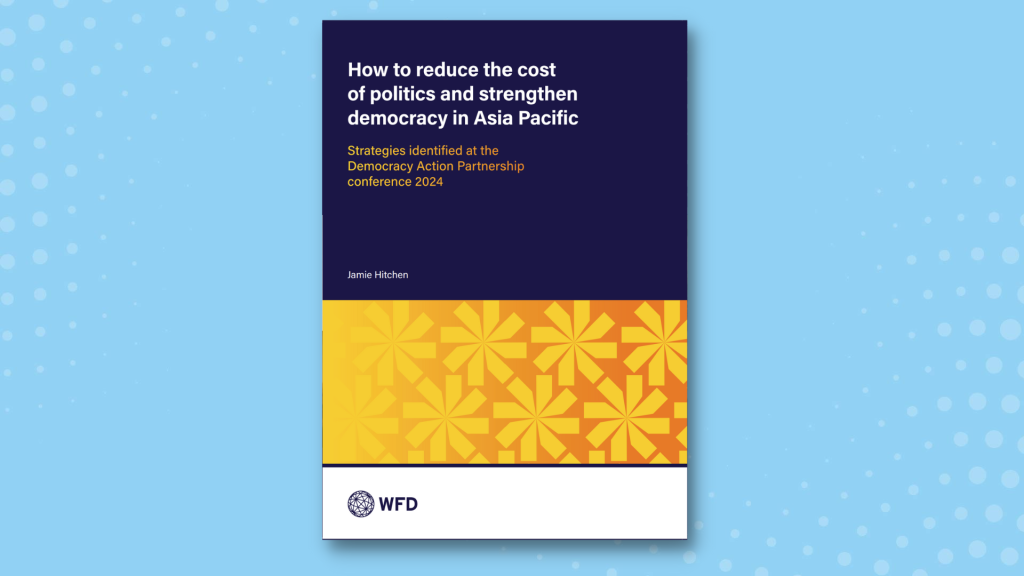The high and constant cost of politics in Solomon Islands, which often exceeds formal limits during campaign periods, is driven by a multitude of factors. One of these is the demand from potential voters for goods or money. Responding positively to these demands is important as it portrays a candidate as caring and enhances their chances of winning a parliamentary seat. Another factor relates to the logistical expenses required during registration periods and election day to move voters to their constituencies. Campaign tours are also critical and costly, with expenditure shaped by the topography of a constituency, the size of the campaign team, and the style of campaign used.
Individual candidates largely bear the burden for these costs, tapping into personal savings or business proceeds to raise the resources required, with political parties notably absent. For incumbents, access to constituency development funds provides an advantage not just on election day but across their time in office, as it grants them access to resources that are used to consolidate and strengthen voter support within constituencies. While spending significant sums of money does not guarantee electoral success, it can be a critical factor in the outcome of an election contest.
This high cost of politics has become a barrier that excludes individuals from marginalised groups from running for parliamentary seats. It also incentivises corruption and undermines development-driven governance. Solomon Islands must implement stricter campaign financing regulations to create an inclusive space for political participation. This can be supported by establishing structures to ensure compliance with these revised regulations. Alongside this, there is a pressing need for disadvantaged groups, like women, youths, and disabled persons with disability to be supported both financially and technically through dedicated programmes that will enable them to compete more effectively during elections.
Aspects of the election process also need to be reformed. Remote registration, and even voting, has the potential to significantly reduce the costs of participating in polls, which citizens would have to incur if politicians did not do so on their behalf. These and other suggestions can play a key role in making contests for political office in Solomon Islands less about the resources at an individual’s disposal and more about the ideas they have for constituency and national development, a message that should be at the heart of ongoing civic engagement and awareness campaigns.


